Turkey’s election cycle concluded with a closely watched vote among Turkish Cypriots in the island’s north, where the opposition secured a clear victory over the incumbent leadership. Preliminary figures released by the electoral board showed the challenger ahead by a margin large enough to claim the mandate on election night, with the final certification pending standard checks. Turnout was solid by recent standards, reflecting sustained interest in the territory’s political direction and the broader question of how to approach negotiations on Cyprus. Balloting proceeded under the existing rules administered by local authorities, with international observers following from a distance given the area’s political status. No major irregularities were reported by the close of counting beyond routine complaints handled through established procedures.
What the campaigns offered
The winning bloc pressed for a return to U.N.-framed talks on a bi-communal, bi-zonal federation and promised practical steps that could improve daily life even before a final settlement. Those steps included expanding technical committees, easing cross-line trade where possible, and coordinating on public services that cut across the buffer zone. The incumbent campaigned on a sovereignty-first platform that prioritized closer institutional alignment with Ankara, protection of property rights as currently administered, and a two-state framework as the basis for any future talks. Voters therefore faced a clear choice between two negotiating postures: re-engagement on the long-standing federal blueprint versus continued emphasis on separate statehood. The opposition’s message—reconnect to talks while keeping core security guarantees—prevailed across urban precincts and gained enough rural support to carry the map.
Immediate reactions and near-term steps
After preliminary results were posted, the winning candidate called for calm celebrations and signaled a preference to govern across party lines. Transition teams began their standard consultations with the civil service to map early policy moves and to prepare briefings for meetings with officials in Ankara. The outgoing leadership conceded the count and said it would facilitate an orderly handover of files related to energy planning, crossings management, and talks logistics. On the Greek Cypriot side, officials welcomed the prospect of renewed contact and said they were prepared to meet under U.N. auspices. The U.N. mission indicated it was ready to support exploratory meetings to test whether the gaps that stalled negotiations in previous rounds—security guarantees, troop presence, governance arrangements, property compensation, and territory—could be narrowed. Business groups in the north urged quick action on administrative items that do not require a final settlement, such as clarifying documentation for trade, improving customs processing times at crossings, and standardizing professional credentials for sectors that operate island-wide.
Context that frames the result
Cyprus has been divided since 1974, with a U.N. buffer zone separating the internationally recognized Republic of Cyprus in the south from the Turkish Cypriot administration in the north. The latter declared a separate state in 1983, recognized only by Turkey. Multiple rounds of U.N. facilitation since then have tried to assemble a federal settlement with political equality for both communities. The last major attempt collapsed in 2017 over security and power-sharing terms, after which negotiating positions hardened. In recent years, authorities in the north emphasized a two-state approach, while Greek Cypriot leaders and the U.N. continued to cite the federation framework as the only internationally backed basis for talks. The new mandate in the north reopens the federal track without resolving the issues that derailed it. Any movement will still depend on how the two sides define “political equality,” the future of security guarantees, the sequencing of territory and property remedies, and the role of external actors.
Implications for Ankara, Brussels, and the talks ahead
Ankara remains the key outside player through security, economic support, and day-to-day connectivity. Turkish officials congratulated the winners and reiterated support for Turkish Cypriots’ rights and security. The new leadership has said it will coordinate with Ankara on external affairs while pursuing engagement under U.N. parameters, an approach aimed at avoiding an early clash over posture while reopening the negotiation channel. In Brussels, the result may ease technical cooperation on projects that can advance without a final settlement, including environmental monitoring, energy interconnections, and public-health coordination. For the island’s economy, even limited confidence-building measures—predictable crossings, streamlined paperwork, cooperation on tourism corridors—can have tangible effects while formal files are negotiated.
How the numbers break down
District-level tallies showed the opposition leading comfortably in the largest urban centers and running competitively in several mixed districts that often decide close races. Smaller parties drew limited shares and did not alter the binary nature of the contest. Participation rates were highest in precincts with younger voter profiles—areas where job mobility and travel access weigh heavily—and in border-adjacent communities for whom crossing rules affect daily life. The electoral board’s timetable for final certification follows standard practice: confirm precinct returns, review challenges, and publish the official ledger. That process typically takes days rather than weeks.
Policy tests the new leadership faces
The first test is administrative: assemble a government, set out a short list of executive measures that can be implemented without legislative overhaul, and issue early orders on service delivery. The second is diplomatic: re-establish working contact with Greek Cypriot interlocutors, agree on a format for proximity talks under U.N. facilitation, and set a narrow agenda for an initial round that can score quick, verifiable gains. The third is economic: stabilize expectations among traders and employers by clarifying documents required at crossings, reducing processing backlogs, and coordinating with Ankara on customs and transport links. Each of these tracks can move in parallel, and each can show progress that does not prejudge final-status files.
What would signal momentum—and what would not
Signals of momentum include a joint announcement confirming an initial leaders’ meeting, revival of technical committees with public timetables, and narrowly scoped pilot projects that improve daily life across the line. A clear, public definition of the next meeting’s objectives—without restating every historical grievance—would indicate that both sides intend to test practical steps. By contrast, early maximalist statements on security guarantees or preconditions for talks would be a sign that the parties are talking past each other. Another warning sign would be administrative drift at home: if cabinet formation lags or routine services falter, political capital for negotiations can erode quickly.
What remains unresolved
The vote resets the negotiating posture in the north but does not change the core files that have repeatedly stalled talks. Security arrangements and the future of troop deployments will still require careful drafting and phased implementation. Property claims need standardized valuation and compensation mechanisms that both communities accept. Governance design must reconcile political equality with workable federal decision-making. Territorial adjustments—if any—must be paired with timelines and support for affected residents. These are not new problems, but the result provides a mandate to try again under the internationally supported framework.
Bottom line
Turkish Cypriot voters opted for re-engagement with the U.N. process and for a policy program that pairs diplomacy with concrete improvements to daily life. The handover is proceeding under established procedures, early outreach has begun, and the immediate agenda is practical: stabilize administration, reopen channels, and test small steps that build confidence. Whether that becomes a pathway to formal negotiations will depend on choices made in the coming weeks—at home in the north, in Nicosia, and in Ankara.




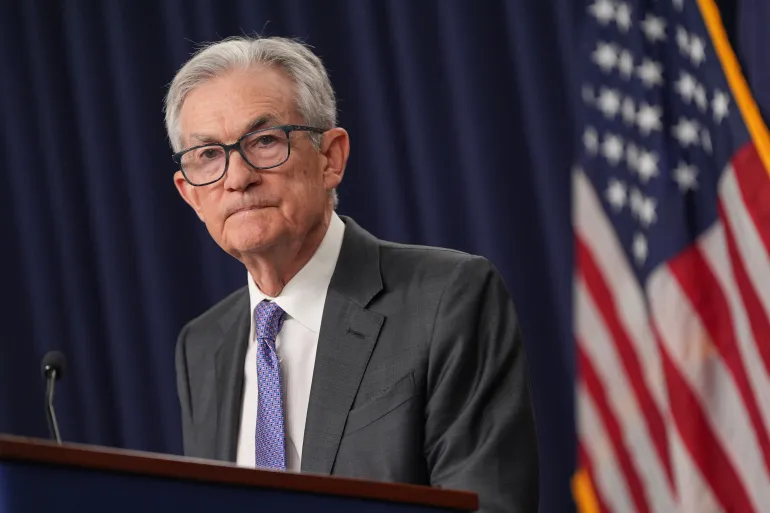
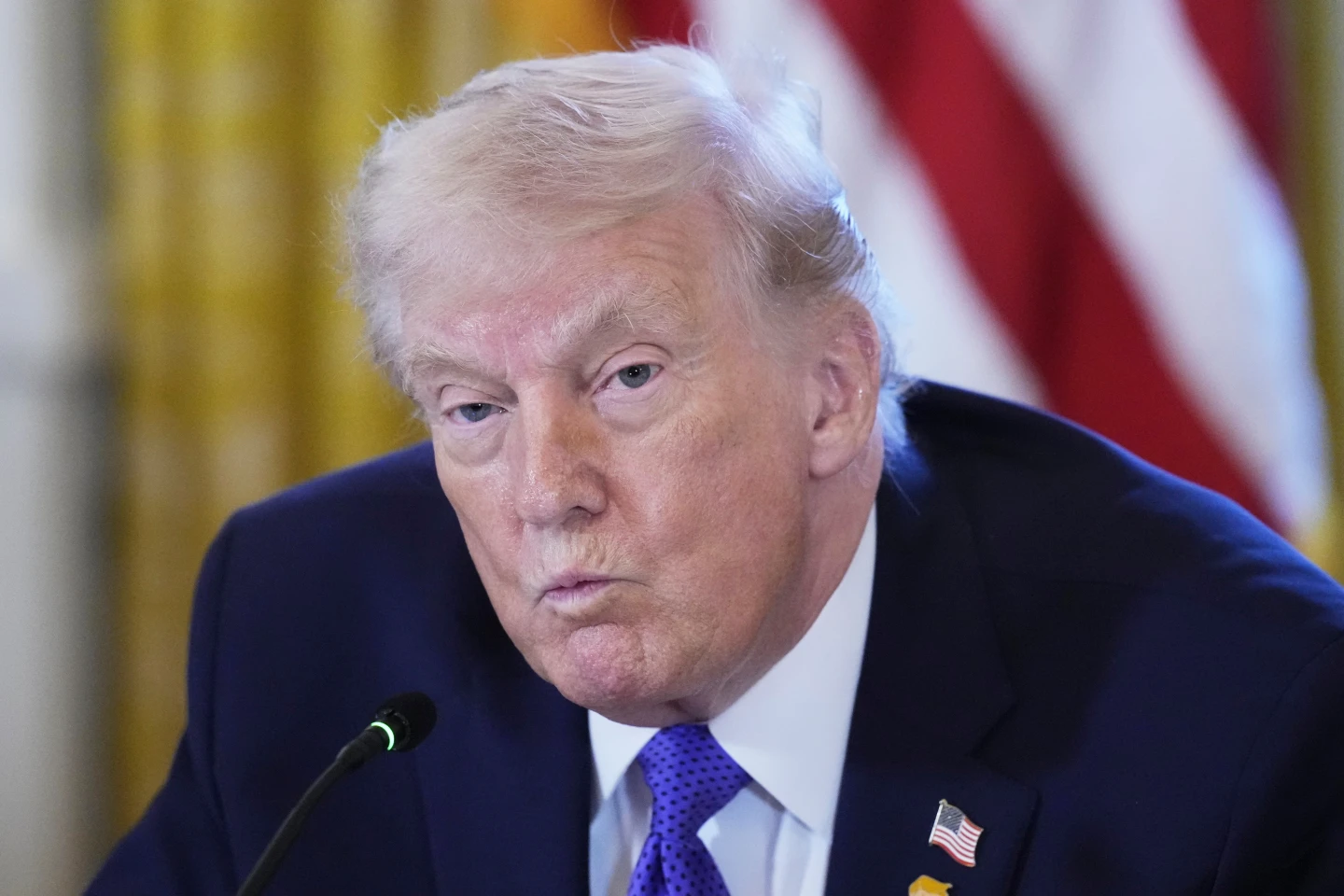
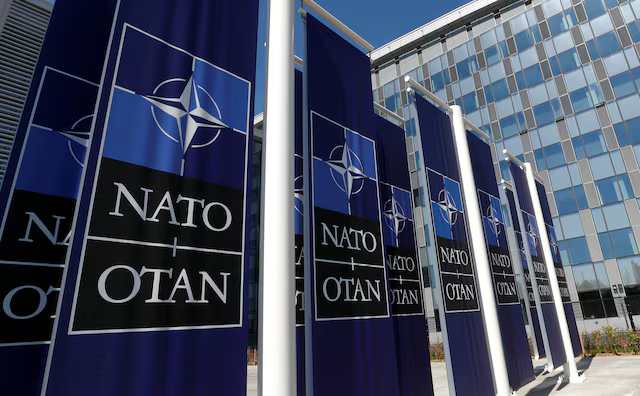
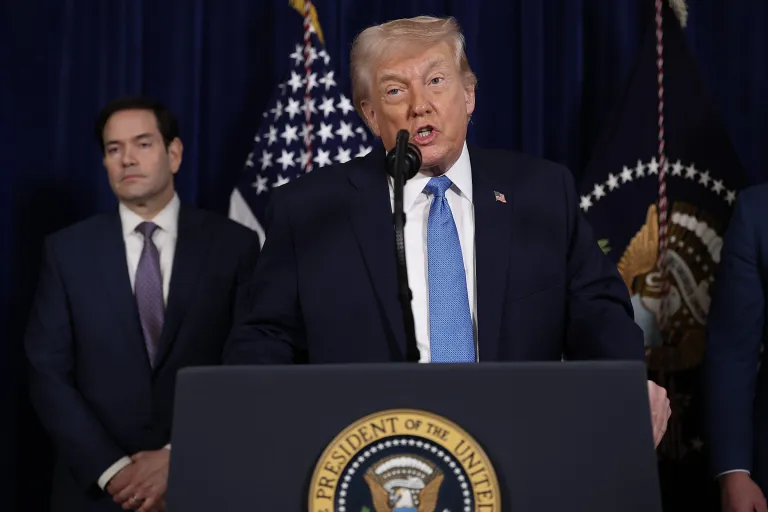
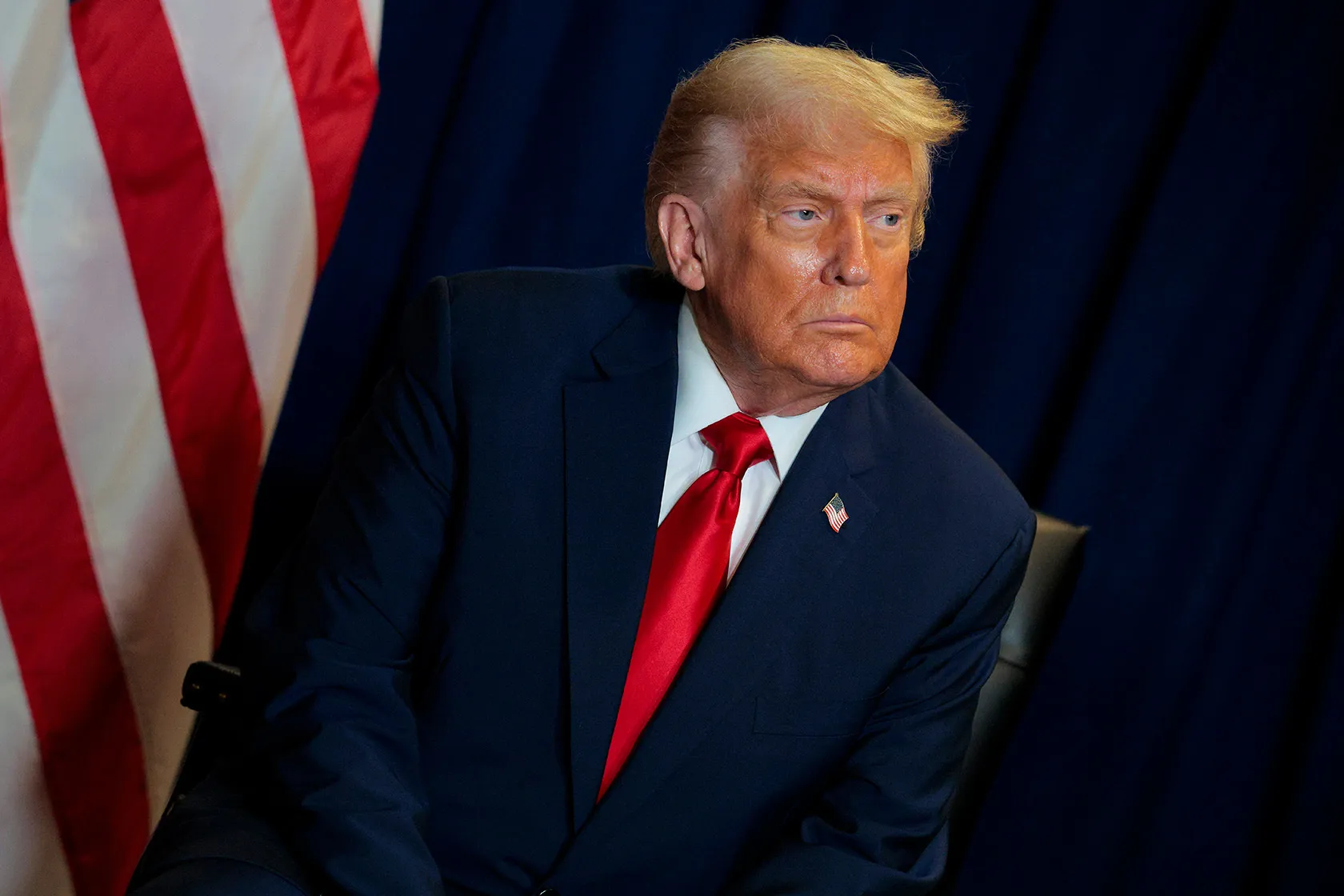
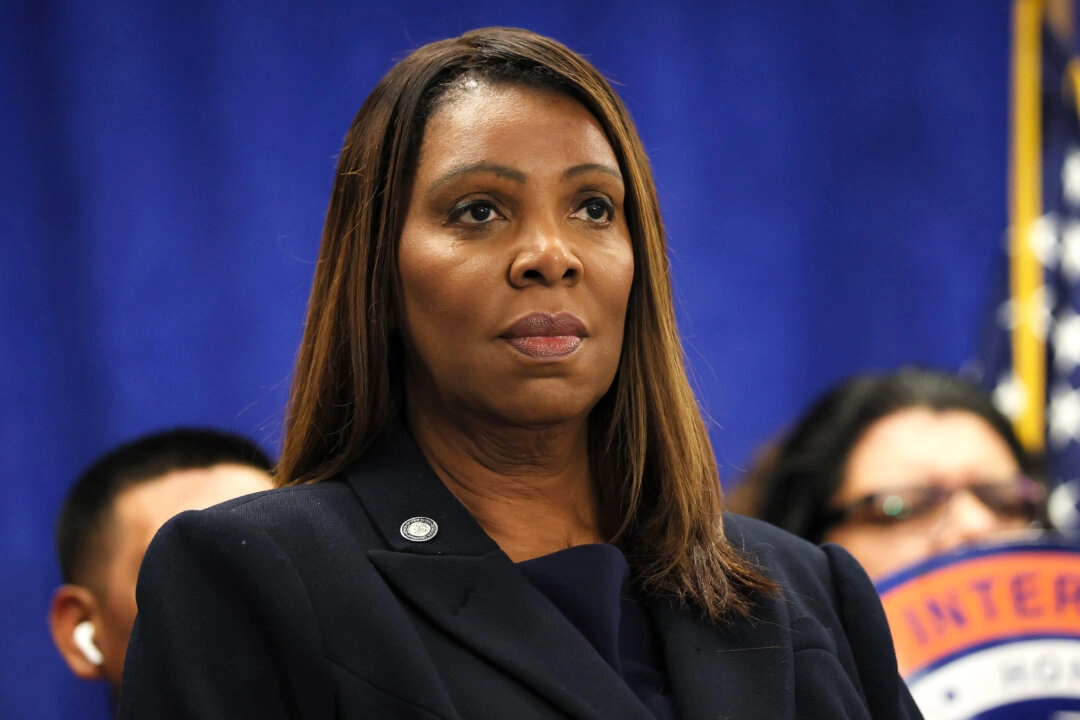
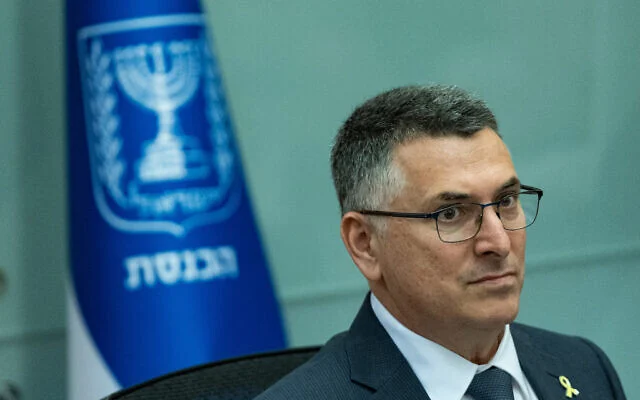
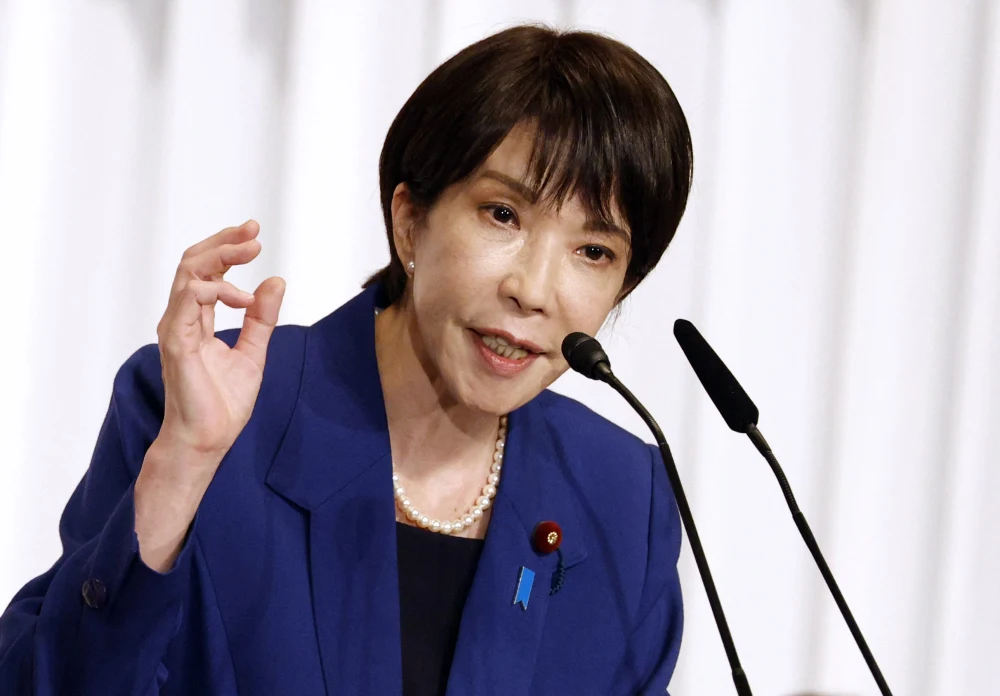
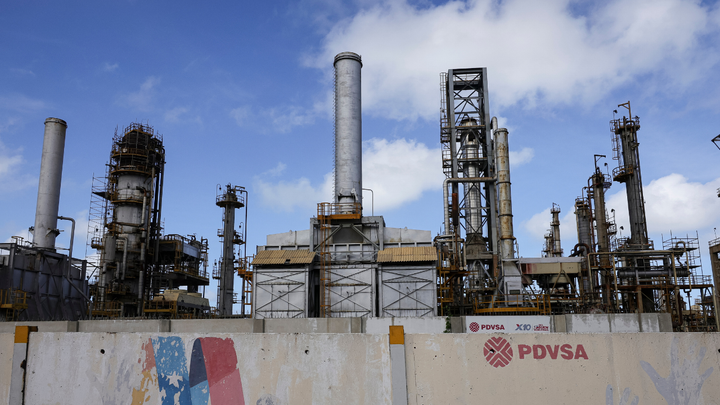
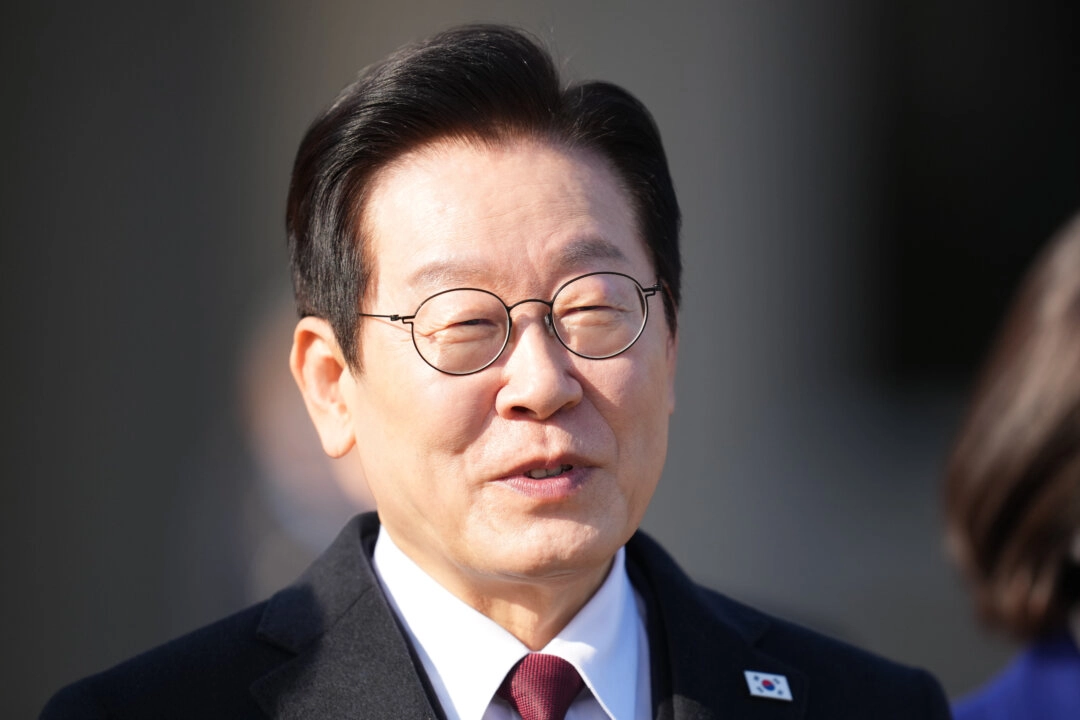
Discussion